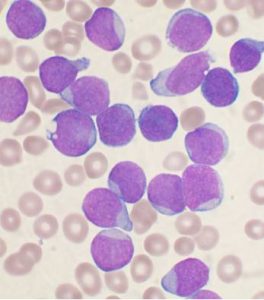Merck’s vorapaxar fails in late-stage trial
pharmafile | November 15, 2011 | News story | | ACS, Brilinta, Efient, Merck, Plavix, antiplatelet, vorapaxar
Merck’s novel blood thinner vorapaxar has failed to meet its primary endpoint in a late-stage study.
The TRACER trial compared vorapaxar plus standard of care (aspirin and Sanofi’s Plavix) to placebo plus standard of care in patients with acute coronary syndrome (ACS).
The addition of vorapaxar to standard of care resulted in a non-significant 8% reduction in the first occurrence of heart attack, stroke, and recurrent ischemia.
The trial also showed patients on vorapaxar had more serious bleeding events, including haemorrhagic stroke. Specifically, the data showed 12 patients in the placebo group had such a stroke compared to 40 patients in the vorapaxar group.
The results are a further blow to the drug’s prospects, following results from an earlier trial which showed it caused excess bleeding in patients who had already suffered a heart attack or stroke and were at risk of further cardiovascular problems.
This new market includes Sanofi/BMS’s Plavix, AstraZeneca’s Brilinta/Brilique and Lilly’s Effient.
Merck’s drug comes in pill form and is a novel PAR-1 antagonist that inhibits thrombin-induced platelet activation.
The company says it will await results of a second vorapaxar study expected early next year, before deciding whether to continue development of the product.
Ben Adams
Related Content

Merck to acquire Curon Biopharmaceutical’s B-Cell Depletion Therapy
Merck have announced that they have entered into an agreement with private biotechnology company Curon …

Merck and Daiichi Sankyo expand development and commericalisation agreement to include MK-6070
Daiichi Sankyo and Merck (known as MSD outside of the US and Canada) have announced …

CHMP gives positive opinion for Merck’s KEYTRUDA for unresectable or metastatic urothelial carcinoma
Merck (known as MSD outside of the US and Canada) has announced that its anti-PD-1 …






